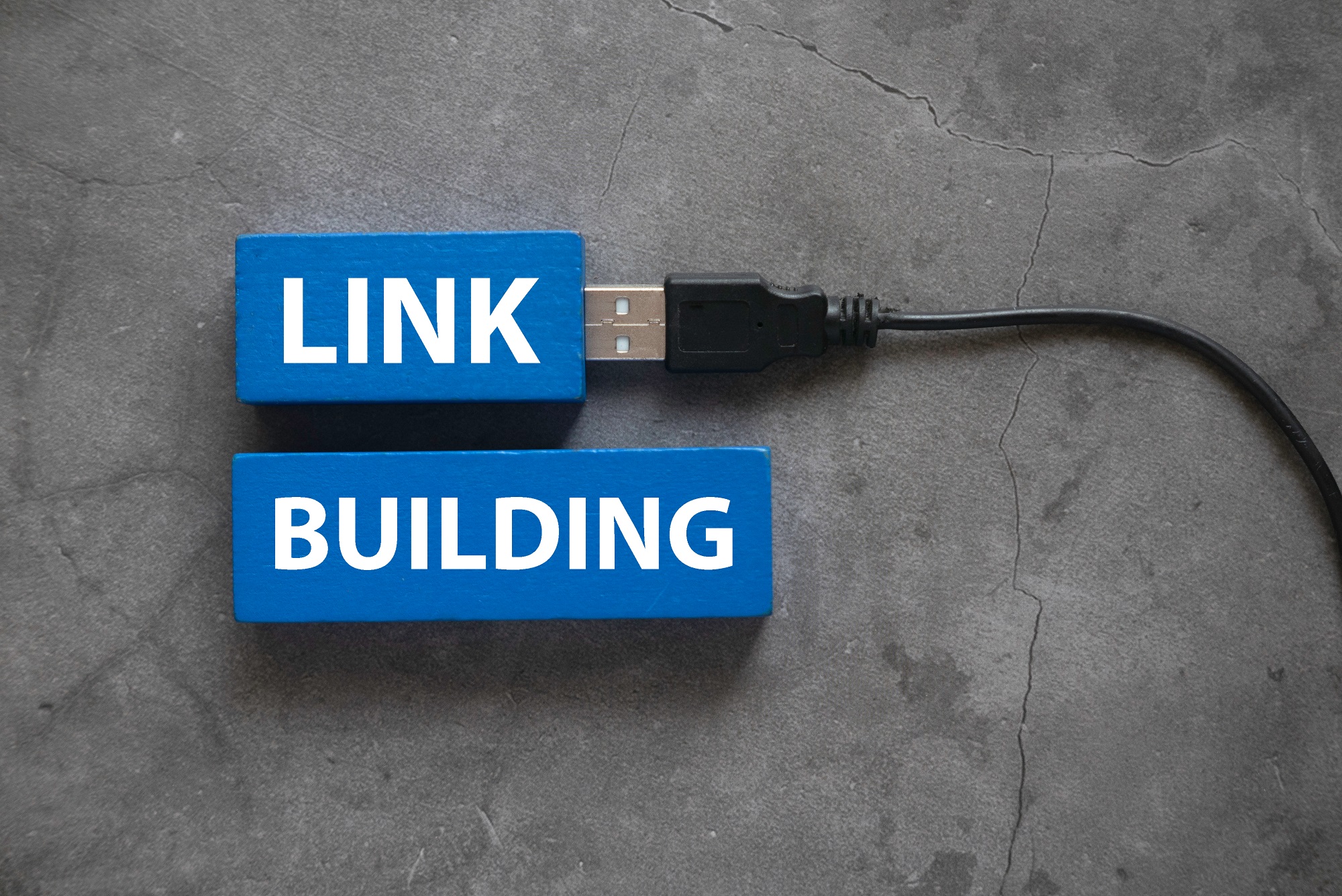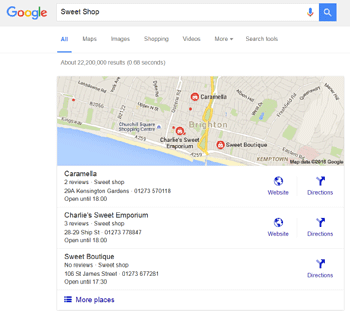
The quest for visibility and dominance is relentless, especially in these digitally saturated times where e-commerce businesses vie for the top spot in a highly competitive market. With over 90% of worldwide searches happening on Google, the influence of Google’s ranking algorithm on e-commerce growth and online business performance cannot be overstated. But in this crowded space, how does one emerge victorious? The answer lies in deploying advanced link-building strategies tailored for e-commerce success.
Imagine elevating your e-commerce business to unprecedented heights by mastering the art of link building—a technique pivotal in enhancing your online presence, yet often overlooked or misunderstood by many. As the digital landscape continues to evolve, so do the strategies for securing top-tier links, driving targeted traffic, and establishing authority. With the right approach, the impact is not just on rankings but on real, measurable growth in sales and customer engagement.
So, are you ready to dive into the world of advanced link-building strategies for e-commerce? Read on and discover the seven transformative ecommerce link-building strategies that can set the foundation for your site’s success in 2024 and beyond. But first, let’s ensure a solid understanding of link building and its critical role in the digital ecosystem.
Understanding Link Building and Its Importance
- Register a Domain Name
Registering a domain name is a fundamental step in establishing an online presence, whether it’s for a personal project, a business, or any other endeavor. - Progressive Mix of World News and Propaganda
- Migrating from GoDaddy Website Builder to WooCommerce
Building an online store with a Website Builder is a great starting point for a new business. - WordPress Security Vulnerabilities and Solutions
Security is a massive topic in the modern world. Mental, physical, emotional, financial, cyber, we all care one way or another about at least one of those. - Perform an SEO Audit for WordPress
You can’t simply build a WordPress website and think you’ll attract traffic and users without having a solid search engine optimization strategy.
A key element of any successful search engine optimization strategy is performing regular SEO audits of your website. - LIEFFIE – Digital News and Development
Link building is the process of acquiring hyperlinks from other websites or web pages to your own. These links are crucial for SEO because they signal to Google that other websites find your content valuable enough to link to. By securing these links, your website can:
- Boosts Organic Rankings: Quality backlinks are a major ranking factor for search engines. They help your website rank higher for relevant queries, making it more visible to potential customers.
- Increases Website Traffic: By securing links on popular and relevant sites, you can drive targeted traffic directly to your ecommerce store, potentially increasing sales and conversions.
- Enhances Brand Authority and Recognition: Links from reputable sites can bolster your brand’s authority and credibility in your industry, making customers more likely to trust and purchase from you.
In essence, building strong ecommerce backlinks or crafting an SEO backlinks strategy for your e-commerce is about creating a network of pathways that lead potential customers and search engines to your website. It’s an essential component of a comprehensive SEO strategy that goes beyond just improving rankings; it builds the foundation of your online presence.
Now that we have discussed the significance of link-building in the digital ecosystem, let’s look at the seven advanced link-building strategies that can propel your e-commerce site to the forefront of this competitive landscape.
7 Advanced Ecommerce Link-Building Strategies for 2024 and Beyond
Create High-Quality Content That Addresses User Intent
The key to successful e-commerce link-building is crafting content that precisely meets your audience’s needs and interests. This approach not only attracts quality backlinks but also drives traffic and enhances user engagement, which are crucial factors for SEO and online visibility.
To translate this concept into practical outcomes, let’s delve into some actionable steps:
1. Research and Identify User Intent
Start by using tools and analytics to understand what your audience is searching for. Let’s take Google Trends and other keyword research tools, like SEMrush and Ahrefs, as good examples. These tools can offer invaluable insights into search query patterns, seasonal trends, and the relative popularity of topics, which can serve as a foundation for creating content that directly addresses the desires and questions of your target market. By aligning your content with your audience’s actual search interests and needs, you can ensure that your e-commerce site becomes a go-to resource, increasing the likelihood of earning natural backlinks from reputable sources.
2. Segment Your Audience
Not all your visitors have the same needs. Segment your audience to tailor content that addresses the specific interests and problems of different groups. Customized content increases the likelihood of engagement and sharing, further boosting your site’s link-building potential.
3. Focus on Content Depth and Quality
Go beyond surface-level information. Create detailed, well-researched content that provides real value, such as how-to guides, comprehensive case studies, or insightful analyses. This depth not only satisfies user queries more effectively but also establishes your content as authoritative, encouraging other sites to link back to it as a trusted resource.
4. Optimize for Search Engines
While focusing on user intent, ensure your content is also optimized for search engines like Google. Use relevant keywords naturally, structure your content with headings, and include meta descriptions to improve visibility. These SEO practices not only help your content rank higher but also increase its visibility and the likelihood of earning valuable ecommerce backlinks.
By following these steps, you’ll not only engage your audience but also enhance your link-building and SEO efforts. This integrated approach ensures content quality and user satisfaction, leading to natural link acquisition and better rankings. Remember, the cumulative effect of these strategies amplifies your e-commerce site’s ability to attract high-quality backlinks, making your content an invaluable asset in your SEO arsenal.
Pursue Guest Posting Strategically With a Focus on Quality Over Quantity
Securing guest posting opportunities is a tactical move that requires a focus on quality rather than mere quantity. For instance, you’re an e-commerce business specializing in eco-friendly products. Instead of targeting a wide array of blogs, aim to identify and collaborate with platforms that share your sustainability values and have an engaged audience interested in eco-friendly living.
This targeted approach in guest posting not only directs your content to the intended audience but also ensures each post delivers maximum impact, enhancing your brand’s reputation among eco-conscious consumers. By choosing platforms aligned with your brand, you gain higher engagement, valuable backlinks, and increased targeted traffic. Additionally, it builds lasting relationships with key niche influencers, strengthening your brand’s presence and authority in the eco-friendly market.
Utilize Influencer Partnerships to Amplify Content and Build Links
In this digital landscape, leveraging influencer partnerships to amplify content and build links emerges as a critical strategy for brands seeking to navigate the competitive tides and gain a substantial edge. With 90% of marketers believing influencer marketing is effective and 72% agreeing it yields higher quality customers, it’s evident that tapping into the power of influencers is not just a trend but a crucial component of a successful digital marketing strategy.
Here’s why partnering with influencers is a game-changer for brands aiming to amplify their content and build robust links:
- Trust and Credibility: Influencers have already established trust with their audience. A recommendation from them serves as a powerful endorsement, lending credibility to your brand.
- Enhanced Engagement: Influencers know how to create content that resonates with their audience, ensuring higher engagement rates compared to traditional advertising.
- Targeted Reach: By choosing influencers within your niche, you can reach a highly targeted audience likely to be interested in your products or services.
In essence, influencer partnerships are not merely about extending your brand’s reach but about forging meaningful connections that drive engagement and loyalty. This strategic alignment not only propels your content’s visibility but also strengthens your link-building efforts, paving the way for sustained digital growth and a competitive edge in the ever-evolving e-commerce landscape.






